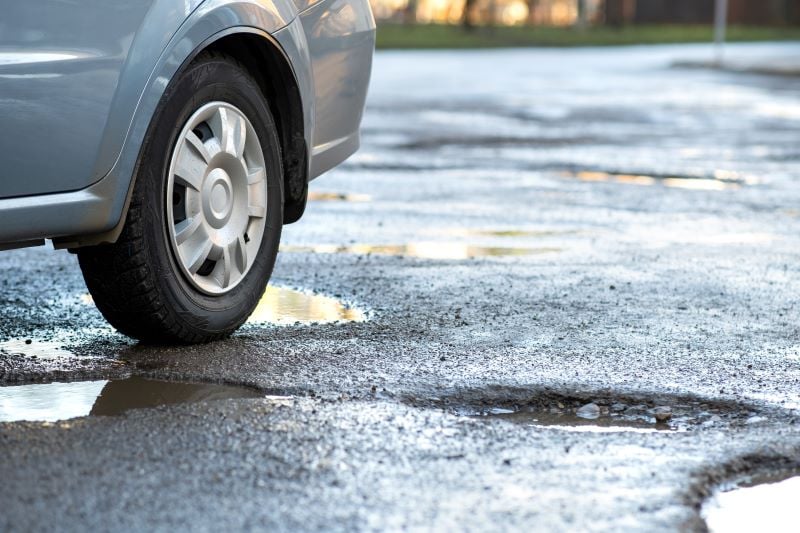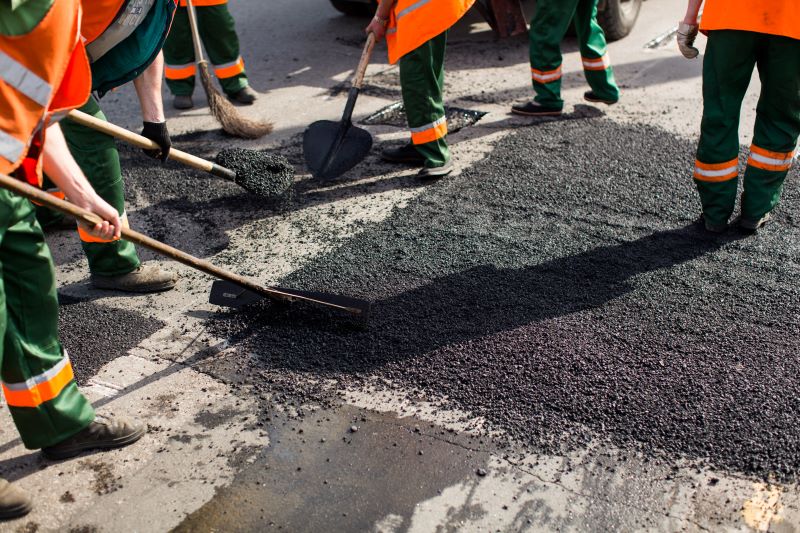Should Delivery Van Drivers Pay More Tax To Fix Potholes?

A new survey has floated the idea that drivers of heavy-goods vehicles and delivery vans should be subject to higher road tax levies to fix potholes on UK roads.
The new study, commissioned by vehicle repair and maintenance company Kwik Fit, asked drivers to asess the current state of the UK’s road network.
The scourge of potholes was singled out for criticism with 77 per cent of respondents declaring them to be ‘an embarrassment for one of the world’s leading economies’.
It’s an issue that has prompted a big reaction from the government in recent weeks, promising £1.6 billion in funding towards local councils to fix potholes in their respective regions.
While funding towards fixing potholes isn’t new – despite the impression that the situation on the roads hasn’t improved for decades – the latest round of investment comes with the condition that it is spent effectively or other funding will be cut.
Nevertheless, the survey by Kwik Fit serves to square blame towards certain groups of drivers, in particular those in heavy vehicles that are more prone to either causing damage to the road or exacerbating damage that is already there.
A sizeable 56 per cent of respondents believe HGV operators should pay an additional levy that would be ringfenced for road surface repairs, while 44 per cent believe those operating delivery van services should also be targeted.
Only 26 per cent of respondents were prepared to pay more road tax that would be ringfenced for road surface repairs.

UK Spends Least of Major Nations On Road Repairs
The research comes amid a huge 150 per cent rise in repair costs associated with road conditions since 2016.
Part of the UK’s issue is its density with more than 40 million vehicles currently registered as on the road. This is more than are currently on the road in much larger nations, including France and Spain, while it is only a few million shy of Germany.
The UK is also a temperate nation with seasonally cold conditions from October to March. This leads to water pooling within the road surface, which then causes damage when it freezes and expands.
Even so, a study by Sky News revealed that the UK spent the least of 13 other nations subjected to cold conditions, including the USA, New Zealand, France, Sweden, Austria and Canada.
In 2019, the government cut annual expenditure towards road surface repairs to £2 billion, despite research that indicated £14 billion was needed to make significant improvements.

















